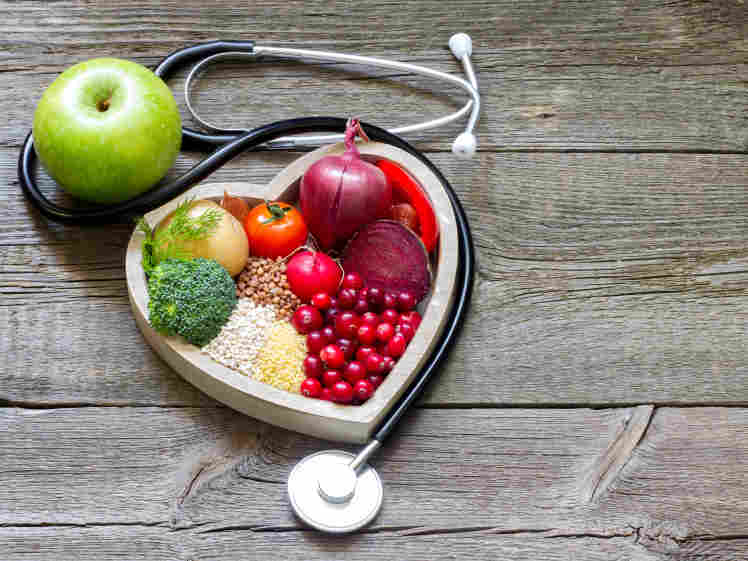While working as a medical scribe for primary care physicians in a mainly integrative medicine clinic, almost 80% of the visit notes include a diagnosis of morbid obesity or obesity. It’s come to the point that I know these icd10 codes by heart. E66.09 and E66.01 are codes that I type over and over throughout a typical day in the office. This is fitting, as 68.8 percent of adults in the US are considered overweight or obese. However, I find this to be incredibly troubling and so should all of you as physicians or physicians in training.
As the health risks of obesity have become more pronounced over the last few years and as more and more organizations have begun stressing the importance of maintaining a healthy body weight, the responsibility for caring for an individual’s weight has fallen greatly on their primary care doctor. On a daily basis I have watched physicians counsel their patients on various weight loss tactics including prescription medications, herbs, lifestyle and diet changes, and exercise changes. As a physician, would you be able to help your patient lose weight while supporting them as they make life changes including eating healthier, exercising more, and eating less? What exactly does eating healthier mean to a patient or to you as a physician? Do you, as a medical professional, think your patient has the same idea of what eating “healthy” means as you do?
Furthermore, what would you say to the patient who lives in poverty or in a household with food insecurity, where individuals are unsure of where their next meal will come from, when they confess they are unable to purchase additional fruits or vegetables for themselves or their family? In the United States, 13 percent of households live with food insecurity and 42.2 million American live in a household with food insecurity. What about the patient who is unable to cook for him/herself? These patients are at the mercy of what their PCA, family member, or caretaker makes for them, or what can easily be obtained and packaged with minimal preparation needed. Do you feel like you are fully capable of best providing care, support, and information to a patient in situations like these?
The students at Tulane Medical School, and 9 others across the nation should be able to confidently guide their patients through these difficult situations thanks to the addition of a Culinary Medicine curriculum. The curriculum includes instruction in the basics for preparing healthy meals and planning healthy meals, eating healthy on a minimal budget, adding flavor to make a meal tasty without adding excess salt and fat, teaching individuals to cook, and educating students on how to have a thoughtful and caring conversation with patients about the importance of diet and lifestyle choices.
As the risks of thousands of diseases have been linked to an increase in obesity, nutrition should be a huge priority for physicians to be discussing with their patients. However, why are physicians having such high expectations placed on them to educate their patients about something they were never trained in? The majority of medical schools across the nation do not provide a nutrition class or culinary medicine curriculum available for their students. So, what can we as physicians in training or physicians do to change this? For one, a few medical schools across the nation offer GME credit for culinary medicine. However, for those that don’t live near a medical school that offers these courses or cannot attend these courses, take the time now to educate yourself about the connection between nutrition and disease. Take the time to consider how you would counsel a patient who’s in a tough time financially, lives in a food desert, cannot make their own food, etc. that you would suggest needs to make a lifestyle change in their diet. How would you help your patient to make these lifestyle changes and diet changes and how would you help them to cross the barriers, both financially and socially, that exist for them to make these changes in their life?
The head chef at the Tulane Culinary Center for Medicine will be hosting a Webinar on November 30, 2016 from 8-9:30 PM EST. Join us to hear more from Chef Leah Sarris on this date to hear about healthy eating tips, cost reduction in food, ways to educate patients on healthy eating and healthy lifestyles, and for tips on how to approach your medical school to include culinary medicine as part of your curriculum!
Editor’s Note: This article was posted in Fall 2016 so the live webinar is no longer available.


